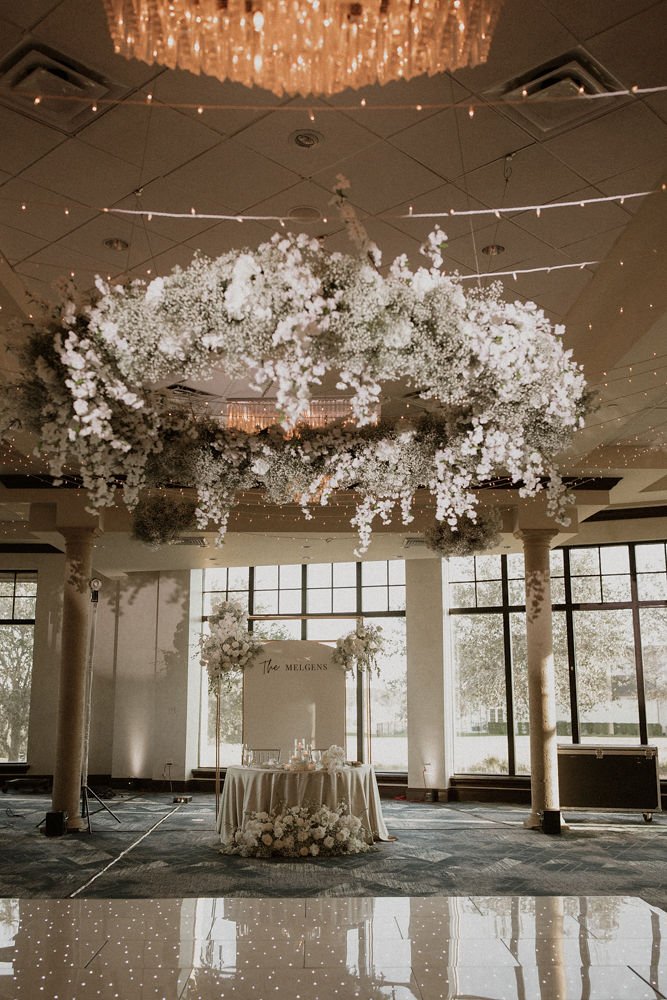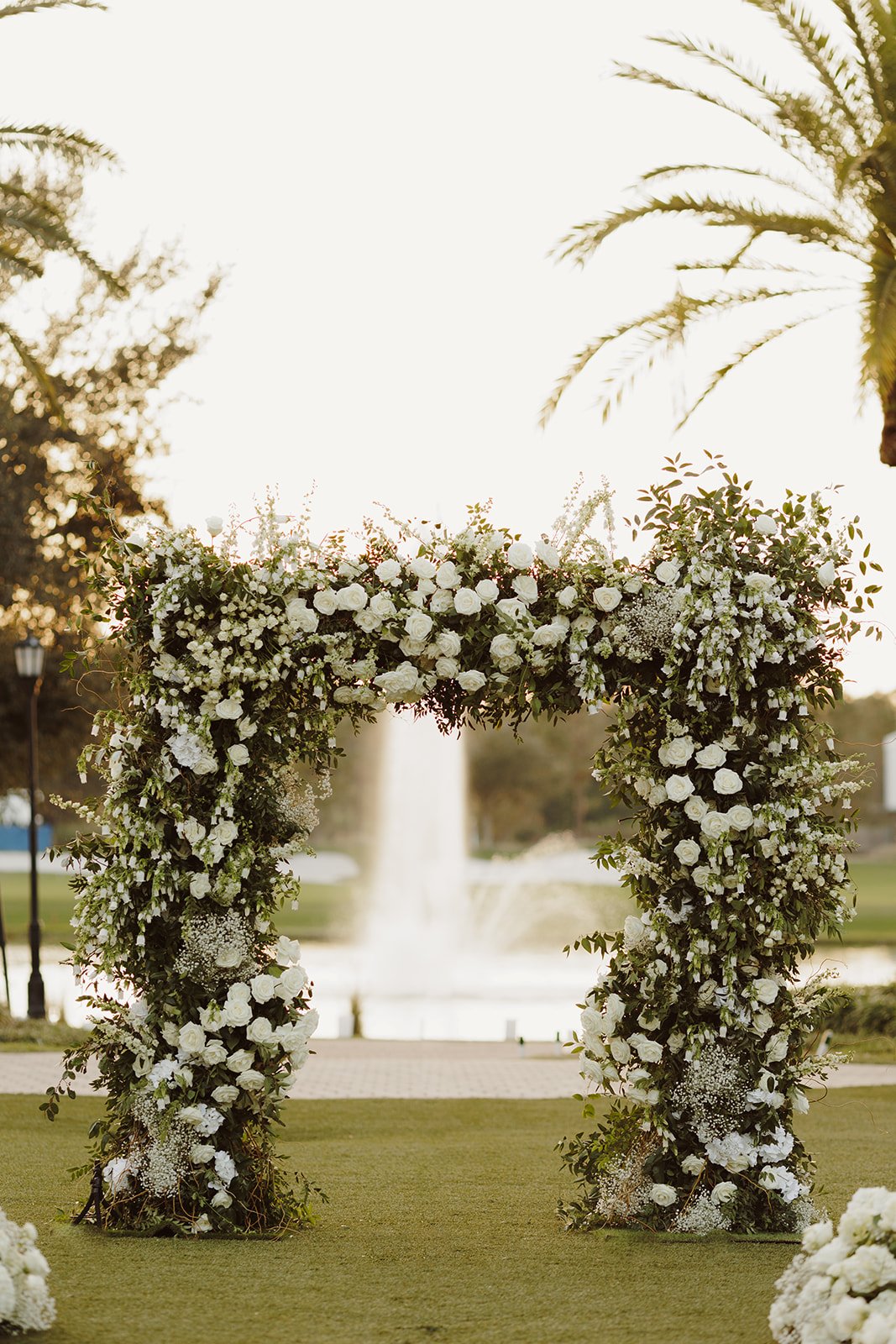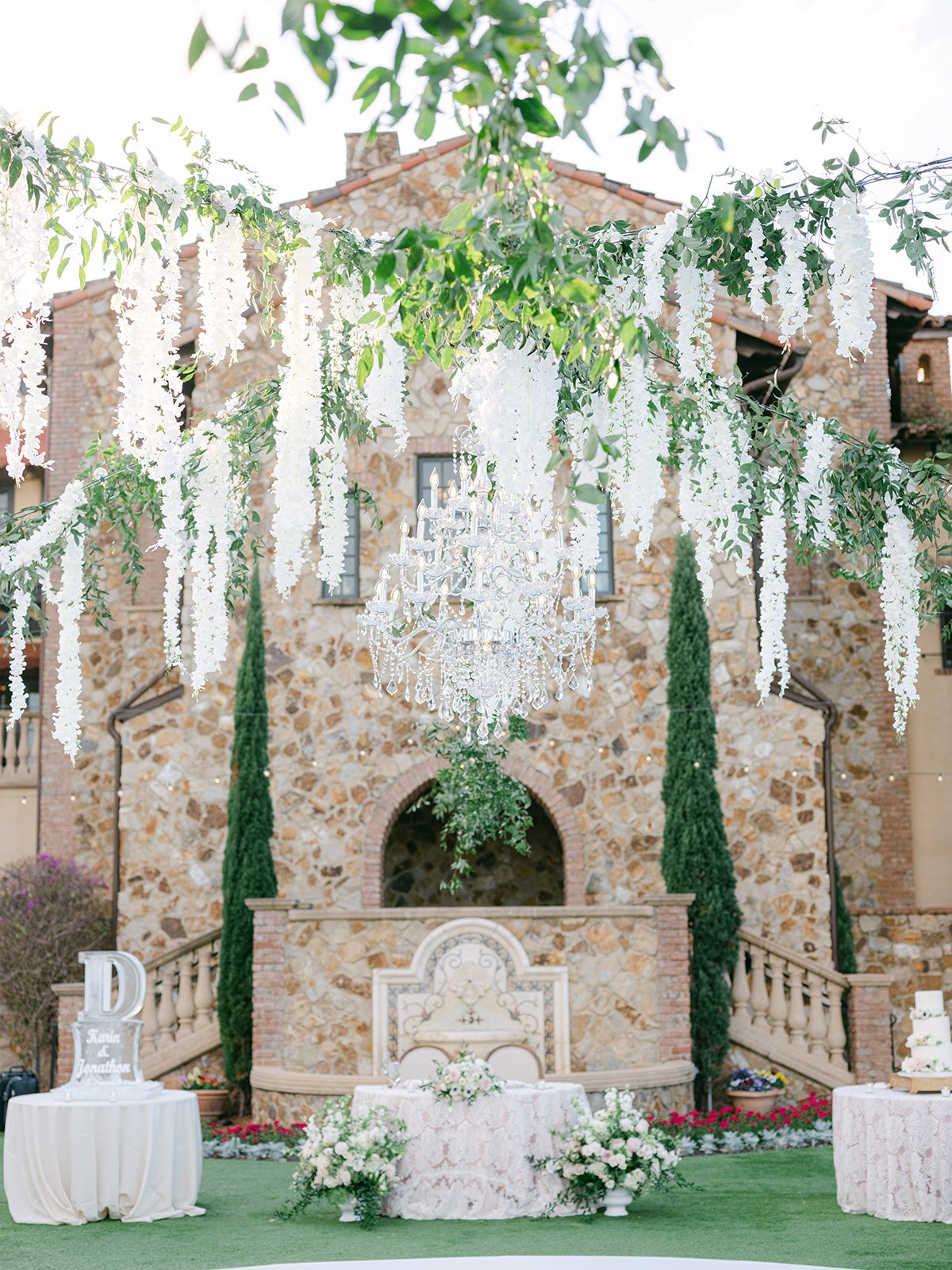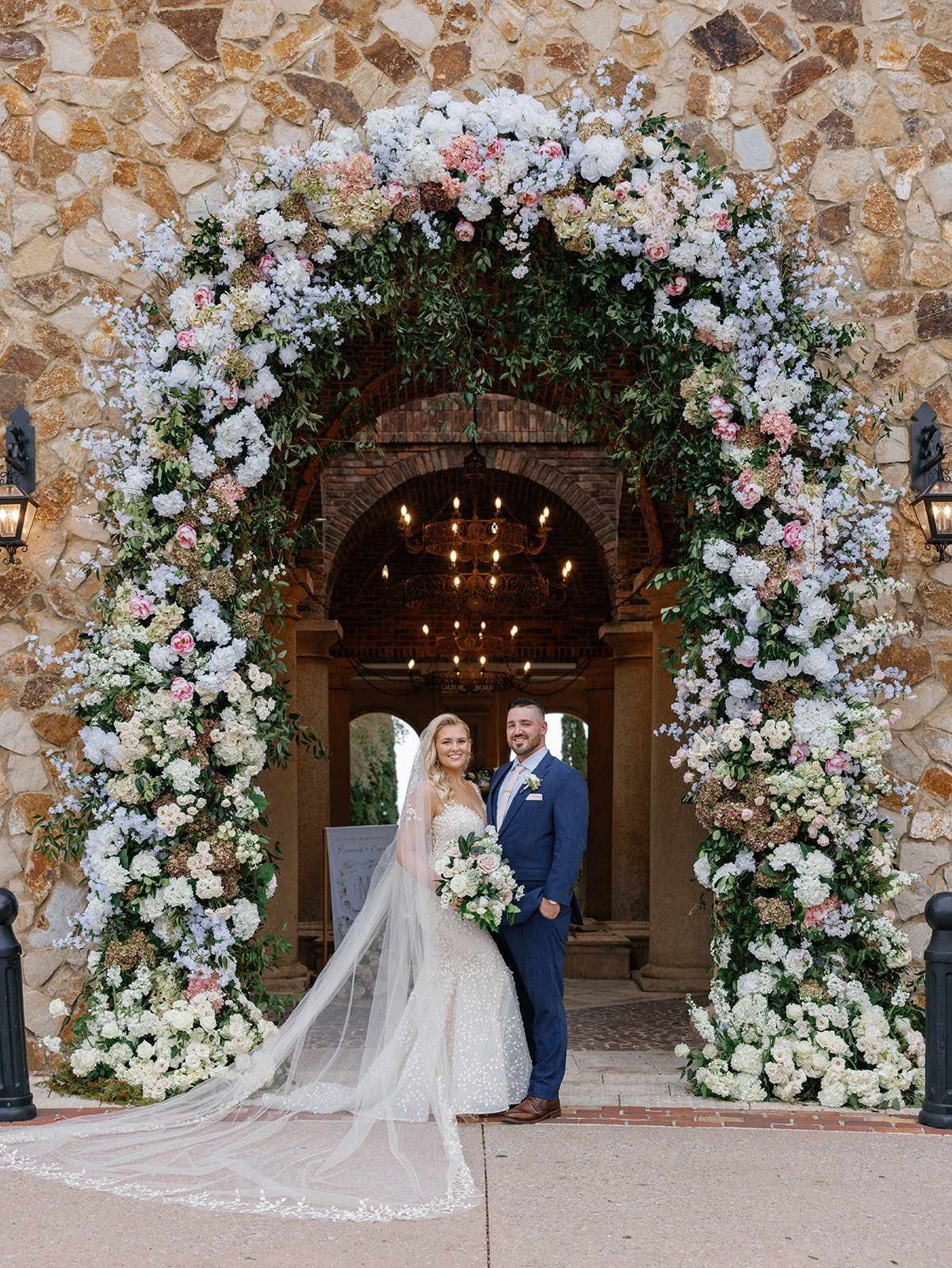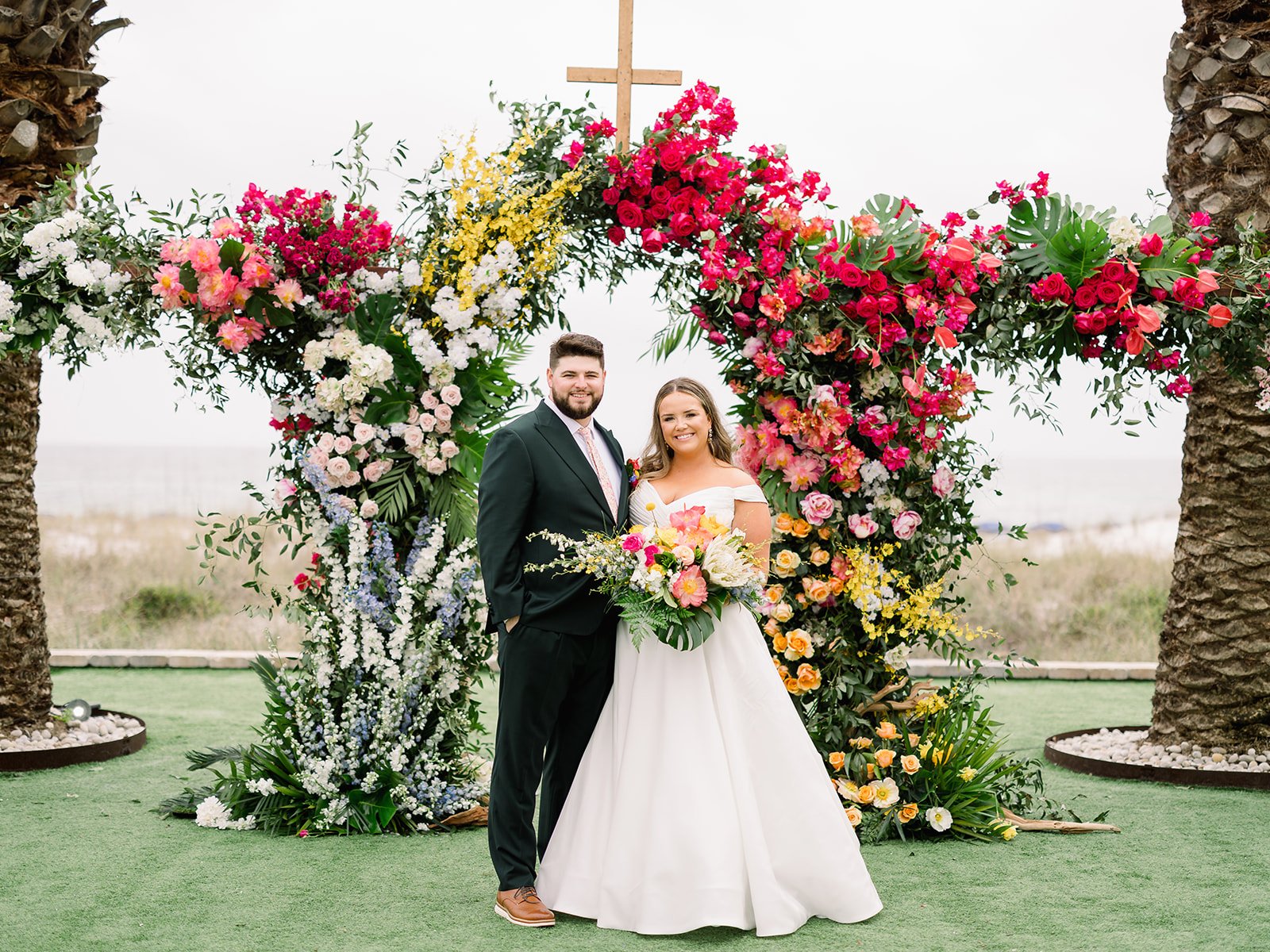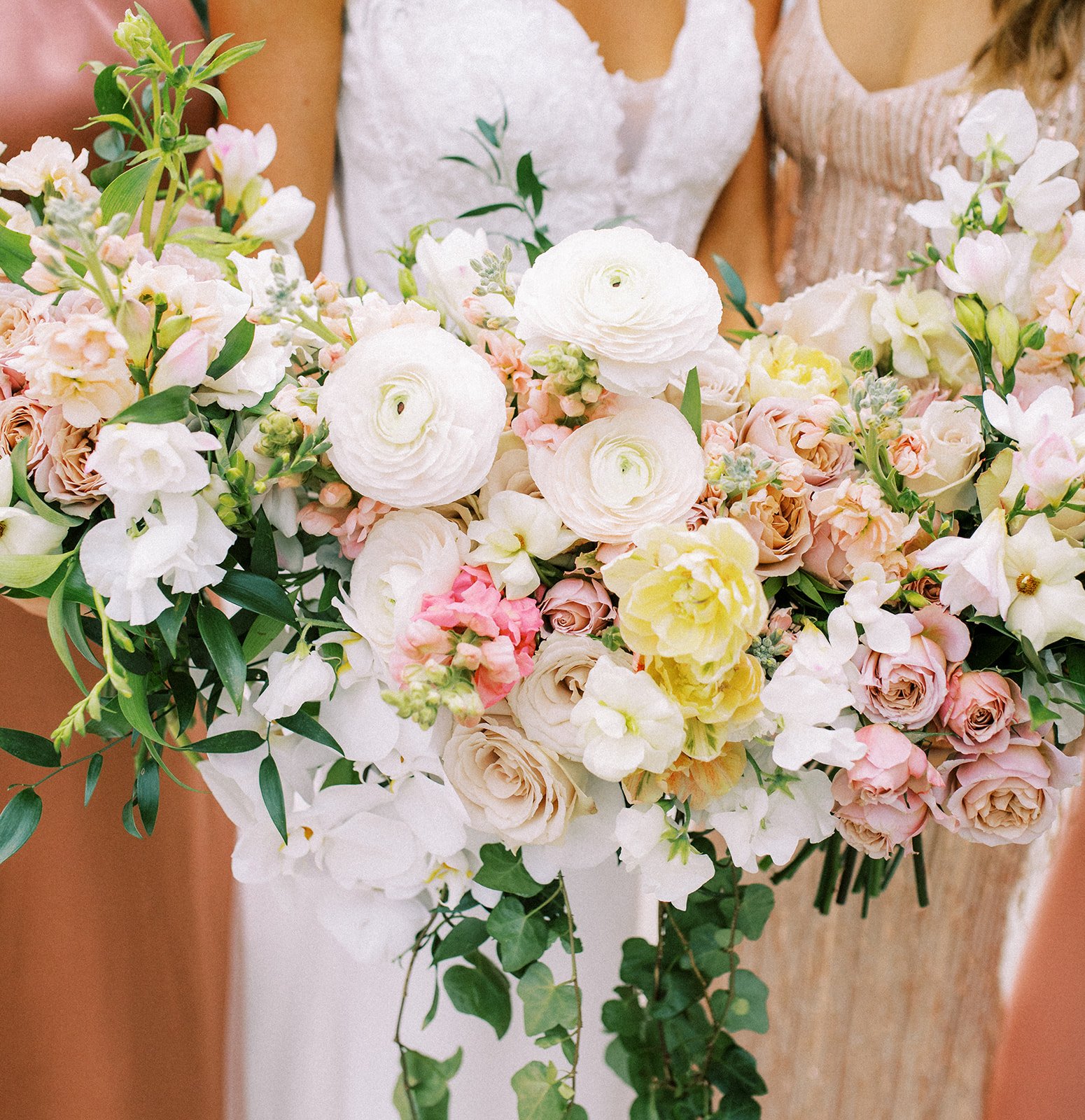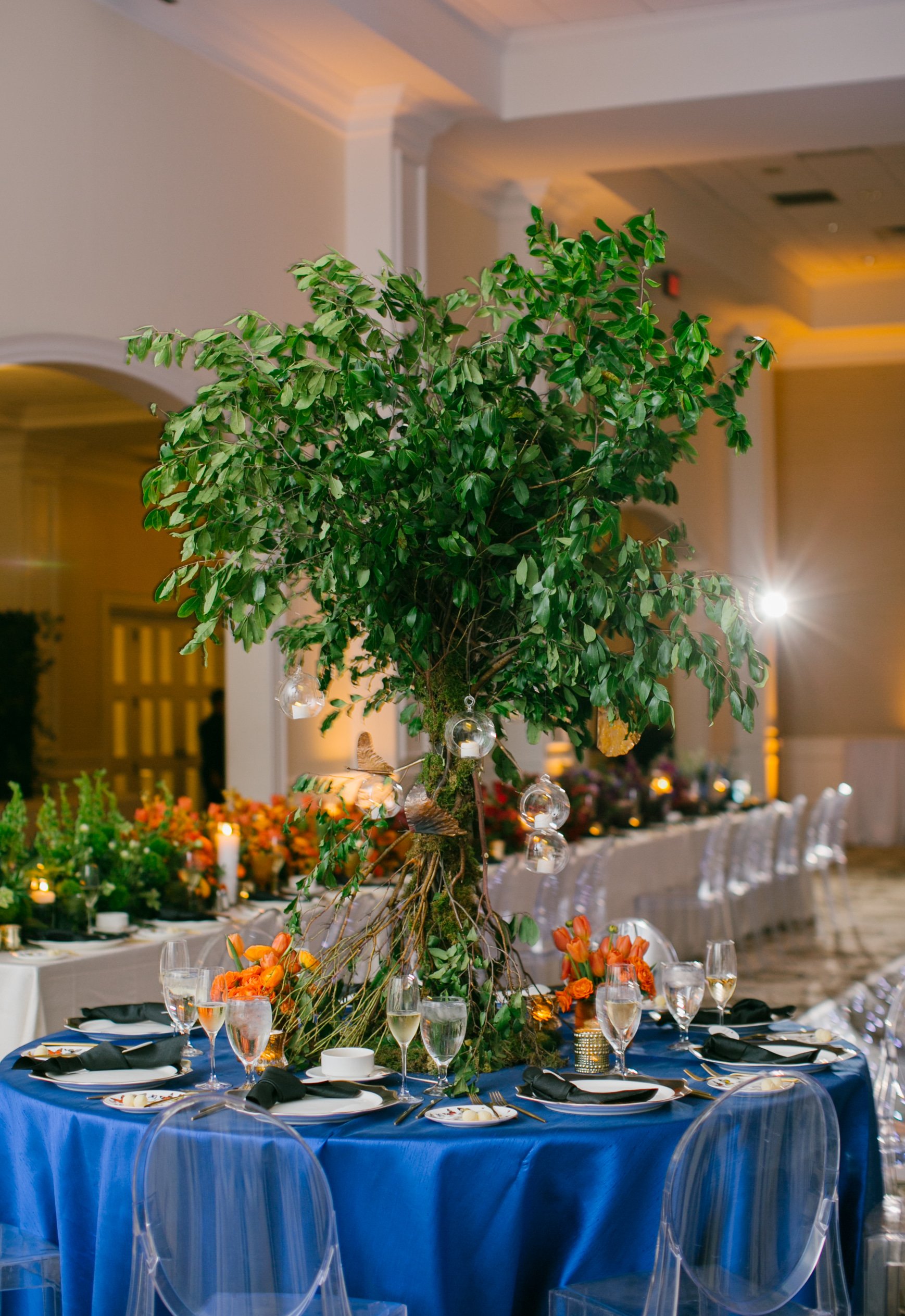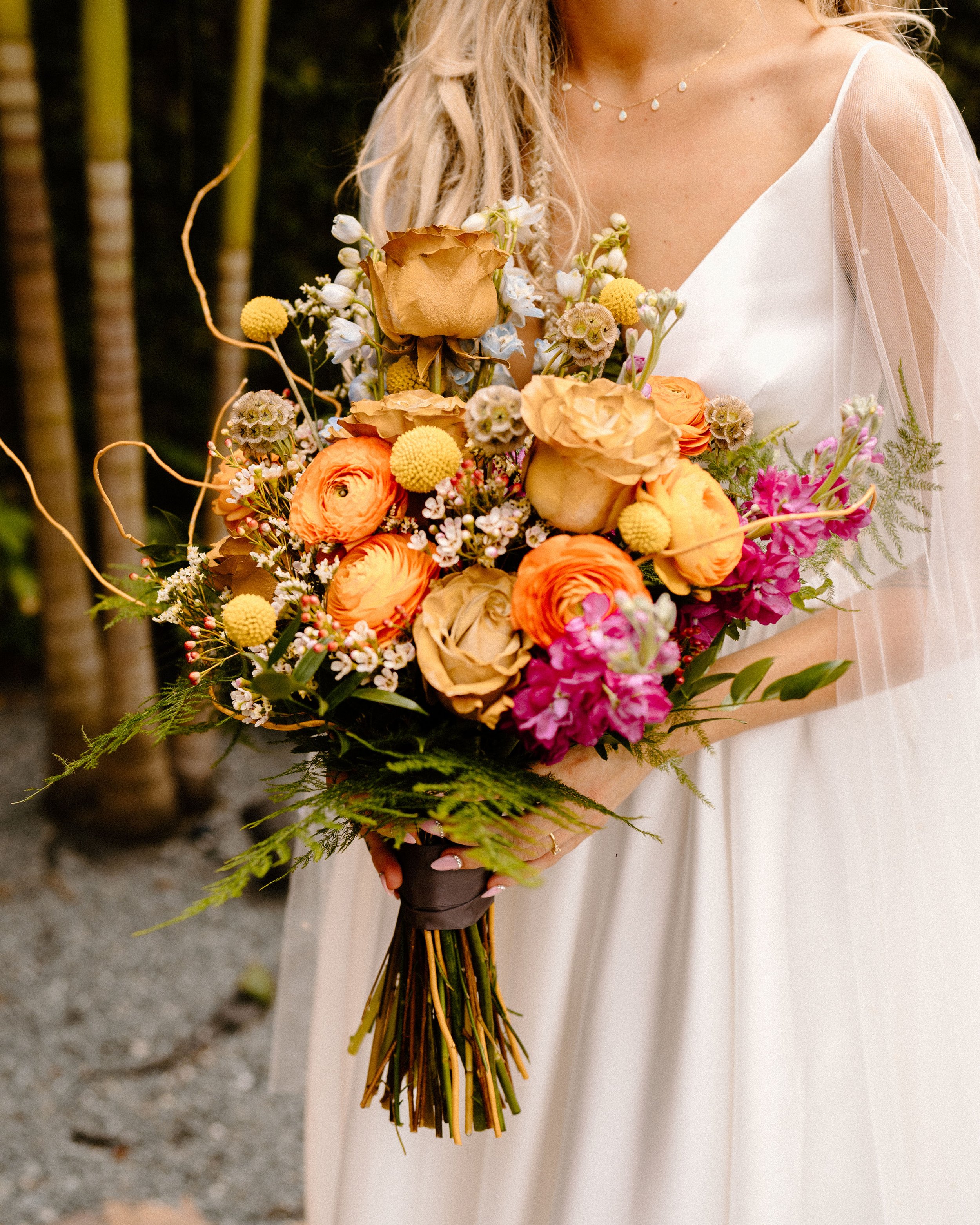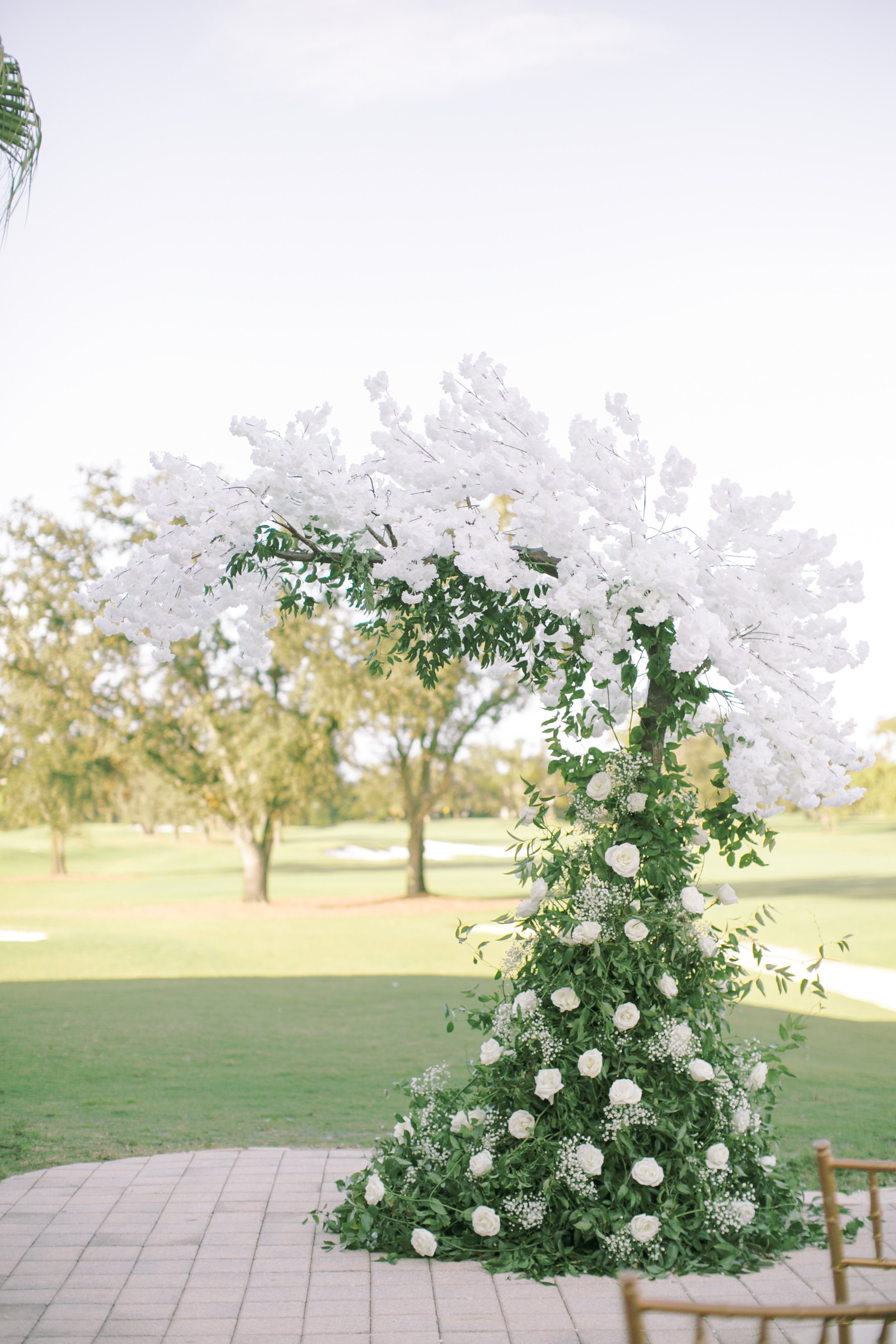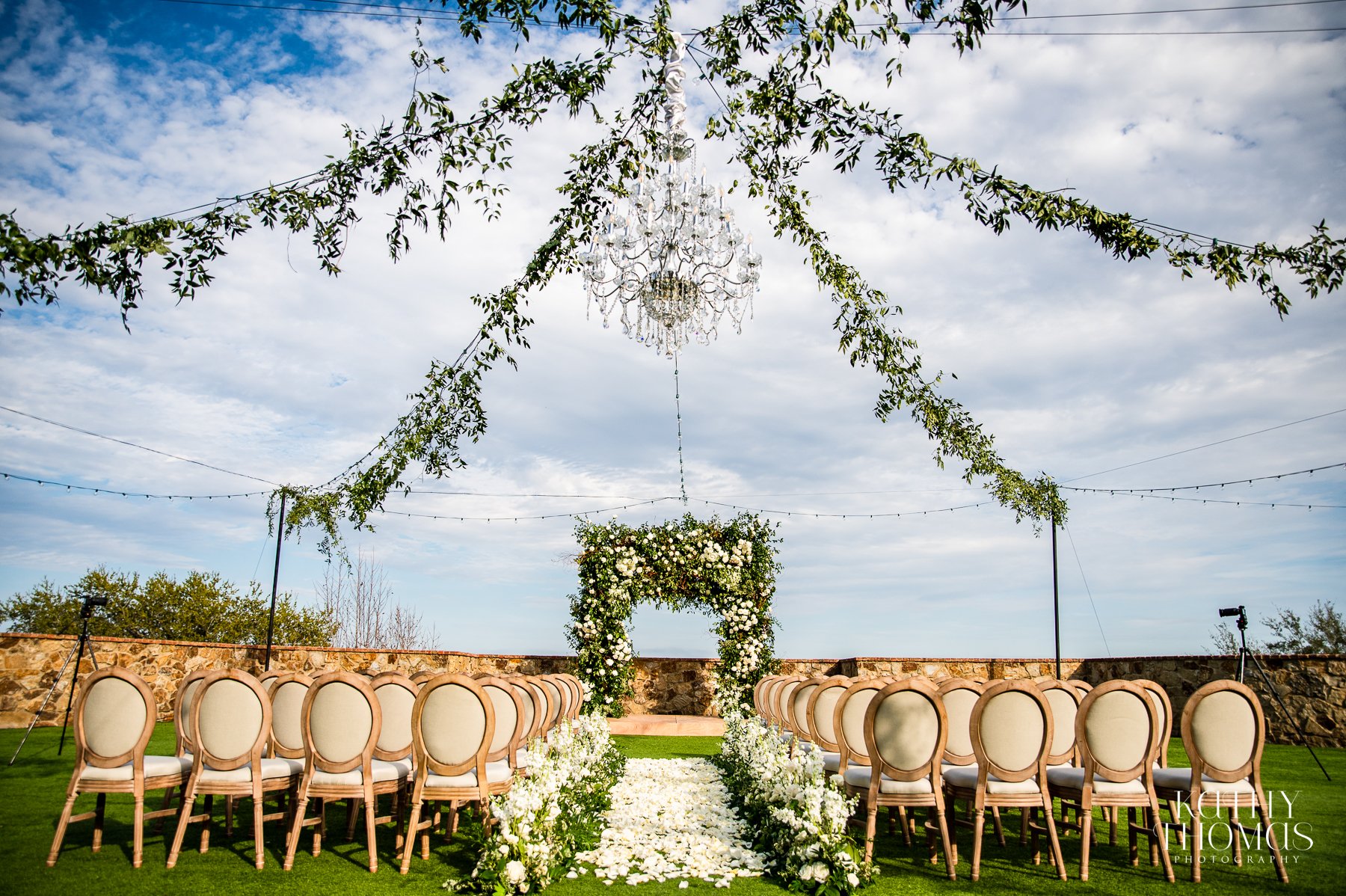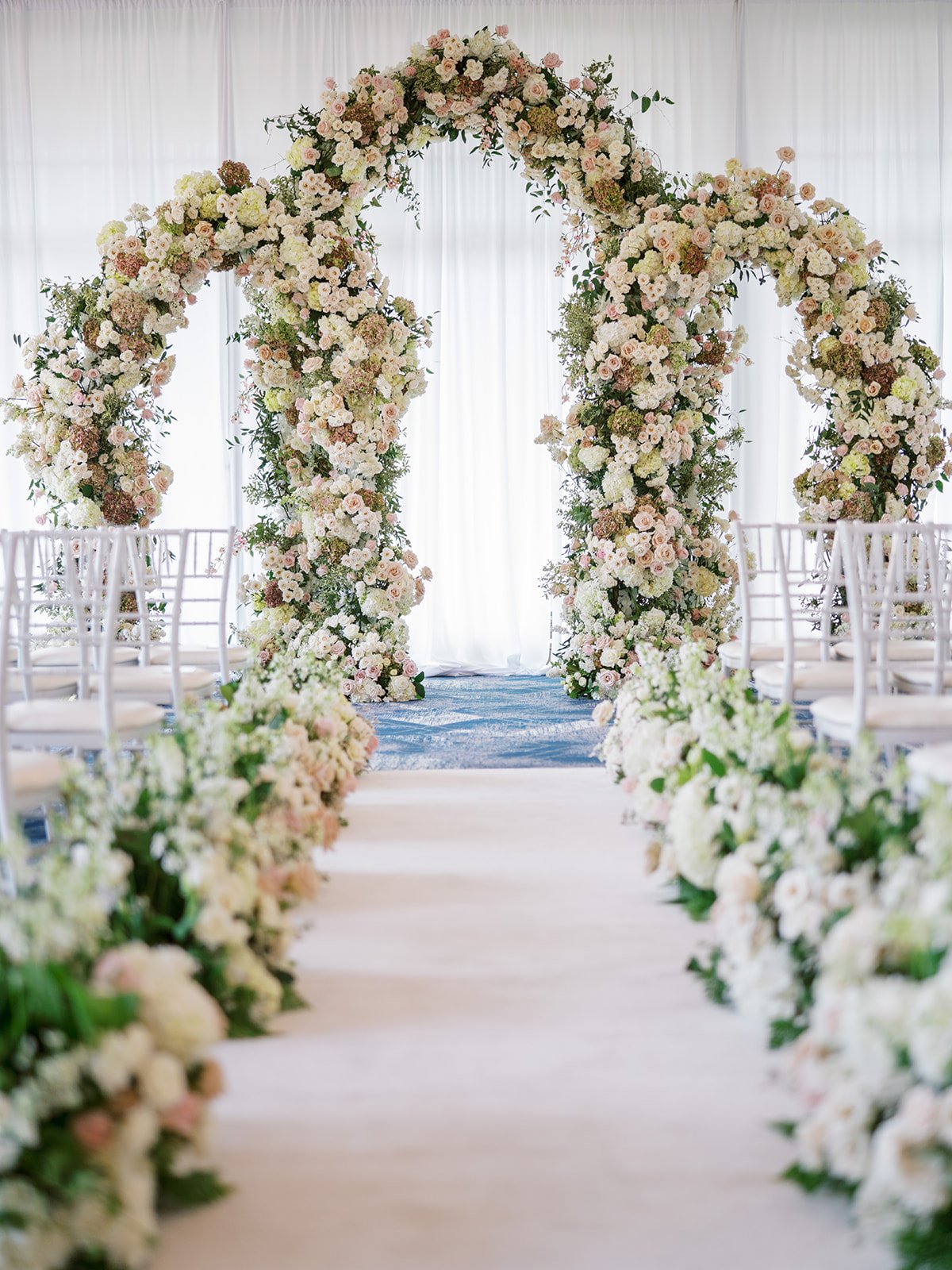Understanding the Distinctions Between a Floral Designer and an Everyday Florist
Understanding the Distinctions Between a Floral Designer and an Everyday Florist
Looking to add a touch of beauty to your special occasion or simply brighten up your living space? You may be familiar with the term "florist," but have you heard of a floral designer? While both professionals work with flowers, there are distinct differences between the two. In this article, we will delve beyond bouquets and explore the nuances that set a floral designer apart from an everyday florist. From their artistic vision and creativity to their knowledge of different floral arrangements and event styling, floral designers bring a unique blend of artistry and expertise to their craft. Whether you're planning a wedding, hosting a corporate event, or simply want to spruce up your home, understanding the distinctions between a floral designer and an everyday florist will help you make an informed decision and ensure that your floral arrangements truly stand out.
What is a Floral Designer?
When you think of a floral designer, imagine an artist who uses flowers as their medium. A floral designer is someone who creates stunning and unique floral arrangements, often with a focus on aesthetics and design principles. These professionals have a deep understanding of color theory, texture, and shape, allowing them to create visually pleasing arrangements that evoke emotion and enhance the overall ambiance of an event or space.
To become a floral designer, one must possess a combination of creativity and technical skills. While a natural eye for design is crucial, formal training in floral design can also be beneficial. Many floral designers complete programs or certifications that teach them about different types of flowers, proper care and handling techniques, and various design styles.
Roles and Responsibilities of a Floral Designer
Floral designers play a crucial role in creating memorable experiences through their artistry. Their responsibilities go beyond simply arranging flowers; they are involved in every step of the process, from conceptualization to execution. Some of the key roles and responsibilities of a floral designer include:
Consultation: Floral designers meet with clients to understand their vision, preferences, and event details. They discuss color schemes, themes, and any specific flower requests. This consultation allows them to create a customized floral design plan that aligns with the client's desires and the overall event aesthetic.
Design and arrangement: Once the consultation is complete, floral designers use their expertise to create unique and visually stunning arrangements. They carefully select flowers, foliage, and other decorative elements to bring the client's vision to life. Floral designers consider factors such as color harmony, balance, and proportion to create arrangements that are both aesthetically pleasing and impactful.
Budget management: Floral designers are skilled at working within a given budget. They understand the costs associated with different flowers and materials and can suggest alternatives or adjustments to meet the client's budgetary constraints without compromising the overall design.
Maintenance and care: Floral designers not only create beautiful arrangements but also ensure that they stay fresh and vibrant throughout the event. They carefully handle, transport, and set up the flowers, taking measures to prolong their lifespan. Floral designers may also provide guidance on how to care for the arrangements after the event, allowing clients to enjoy their beauty for as long as possible.
Examples of Floral Design Work
To truly appreciate the artistry of floral design, let's explore some examples of the stunning work created by floral designers. From elaborate wedding centerpieces to whimsical garden-inspired arrangements, these examples showcase the range of creativity and skill that floral designers bring to their craft.
Wedding bouquets: Floral designers are often sought after for their expertise in creating breathtaking bridal bouquets. These bouquets are carefully crafted to complement the bride's dress, wedding theme, and personal style. Floral designers use a combination of flowers, foliage, and other decorative elements to create unique arrangements that reflect the couple's love story.
Event installations: Floral designers are known for their ability to transform spaces through large-scale installations. From hanging floral chandeliers to cascading flower walls, these installations create a dramatic and memorable impact. Floral designers carefully consider the venue, lighting, and other design elements to create installations that awe and inspire.
Table centerpieces: Floral centerpieces are a staple in event design, and floral designers excel in creating eye-catching arrangements that serve as focal points on dining tables. They use a combination of flowers, vases, candles, and other decorative elements to create visually stunning centerpieces that enhance the overall ambiance of the event.
Corporate arrangements: Floral designers also work in corporate settings, creating arrangements for office spaces, conferences, and other professional events. These arrangements often incorporate the company's branding elements and create a welcoming and visually appealing environment for employees and clients.
When to Hire a Floral Designer vs. an Everyday Florist
Now that you know the distinctions between a floral designer and an everyday florist, you may wonder when it's appropriate to hire one over the other. Here are some scenarios to consider:
Special events: If you're planning a wedding, gala, or any other special event where aesthetics and design are crucial, it's best to hire a floral designer. Their expertise in creating unique and visually stunning arrangements will elevate the overall ambiance and leave a lasting impression on your guests.
Corporate events: When hosting a corporate event, a floral designer can provide a professional touch that aligns with your brand and event theme. They can create arrangements that reflect your company's image and create a welcoming atmosphere for employees and clients.
Everyday occasions: For everyday occasions such as birthdays, anniversaries, or simply brightening up your home, an everyday florist can provide convenient and accessible floral services. They can create beautiful bouquets or custom arrangements that suit the occasion and meet your budgetary constraints.
Personal preferences: If you have a specific vision or unique requirements for your floral arrangements, a floral designer is the best choice. They can work closely with you to bring your vision to life and create personalized arrangements that truly reflect your style and preferences.
Ultimately, the decision to hire a floral designer or an everyday florist depends on your specific needs and the desired outcome of your floral arrangements. Both professionals bring their own expertise and creativity to the table, ensuring that your floral needs are met in the most appropriate and beautiful way possible.
